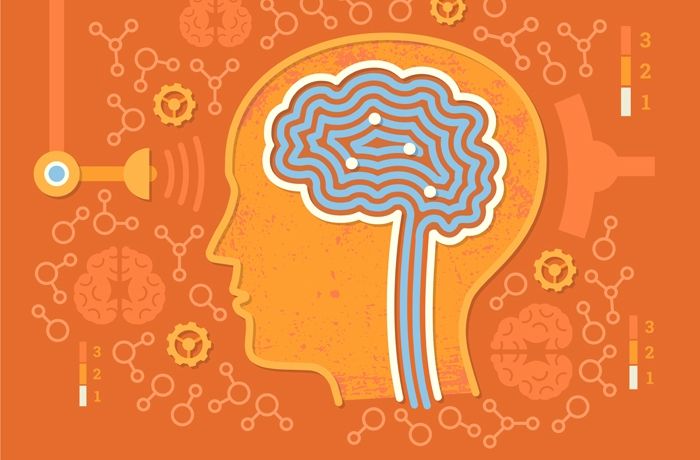
What makes a healthy mind platter
I’m a fan of offering grazing boards for Christmas catering. There’s colour and variety of textures and tastes — sweet and savoury: we can be quite healthy if we choose wisely.
This time of year particularly, I need to make wise choices when it comes to my mental wellbeing too. Do you? I mean, it’s easy to be swept up in the hype of all that (supposedly) makes the festive season. Like food: my fridge is groaning from the leftovers of today’s family gathering! I could be groaning too if not for good choices. Hot humid nights don’t help either, I find. I need sleep. I get that too as part of my healthy mind platter.
What is a healthy mind platter?
Nutritionally we know our bodies are not well-fuelled on a diet of salty, sugary, fatty, highly processed foods (even if our tastebuds say ‘more!’). We function best with a variety of vegetables and fruit, legumes, nuts, whole grains, unsaturated fats and protein. Then there’s what are called ‘brain foods’– including leafy greens, fatty fish (or as I do, a flaxseed oil supplement for Omega-3) and berries.
Some years ago, Dr Dan Siegel and Dr David Rock devised the concept of a healthy mind platter for optimum brain health.
They contend that the combination of these 7 daily mental activities give us the ‘mental nutrients we need to function best.
The 7 daily mental activities needed for mental health
Here’s what makes up a healthy mind platter.
- Focus. Choose a task that requires your concentration and focus.
- Play. Do something spontaneous, playful or creative. Enjoy!
- Connect with another person. TALK to someone, somehow, every day. Ideally face-to-face but in this crazy world, that’s sometimes not possible. Pick up the phone and talk to a friend. Facetime a family member. Texting and emailing does not count.
- Be physical. Get that heart rate up. It’s great for the brain too.
- Be reflective. Meditation helps develop the grey matter and strengthen the immune system.
- Recharge the battery doing not much at all. No more feeling guilty watching a TV show or flicking through a magazine. You need this time!
- Sleep. When we’re super-busy it’s easy to scrimp on zzzs. In doing that, we fail to give our brain time to consolidate learning, recover from experiences, and reset.
The healthy mind platter – like those grazing boards – has variety and balance. Isn’t that what we’re all looking for? You can read more specifics here.
Laughter yoga’s place on my platter
Contrary to popular belief, I don’t do laughter yoga 24/7. Daily, yes! It’s part of my wellbeing regimen because it is:
- light cardio
- playful
- meditative
- connecting
- relaxing.
(I also go for a walk, swim or bike ride most days, craft, cook, watch TV, get lost in a book, volunteer, and sleep — in between work, family ‘stuff’ and occasional house cleaning!).
If you’d like to explore laughter yoga as a means of tending to your healthy mind platter, consider joining a laughter club session, in person or virtually. You’ll find information about ‘laughter club’ in-person and online sessions here. Or maybe you’d like to organise a private group session for your friends, co-workers or community. Happy hour never felt so healthily good! For that contact me and we’ll try to find a local practitioner.